The key renewable energy sector is preparing for a new beginning. A construction boom is ahead of us

- The R.Power group, perceived as a purely photovoltaic company, is heading to the onshore energy market. Paweł Konieczny from R.Power Development spoke about where the group plans to develop wind farms.
- - It's not like we're the only ones with connection refusals, but we need to think about how to run faster so as not to be the last antelope eaten by a lion - said Piotr Świecki from BFX Energia, commenting on the issue of grid connections.
- PKO BP, as informed by Adam Burda, director at PKO BP, has in its strategy support for energy transformation and is interested in financing investments in wind farms and their repowering.
- The challenges of wind energy were also discussed in the "Wind on Land" debate during EEC 2025 by: Michał Łęski from the Ministry of Climate and Environment, Paweł Przybylski, President of Onde and Magdalena Sobczyńska, Head of Asset Management Poland, TotalEnergies.
The R.Power Group is mostly associated with photovoltaics, but as Paweł Konieczny, board member of R.Power Development , explains, it is also diversifying its business technologically.
- We are indeed still perceived as a purely solar company. However, for several years we have also been developing wind projects . We mainly plan to develop them where we have large photovoltaic assets, in the cable pooling formula - explained Paweł Konieczny.
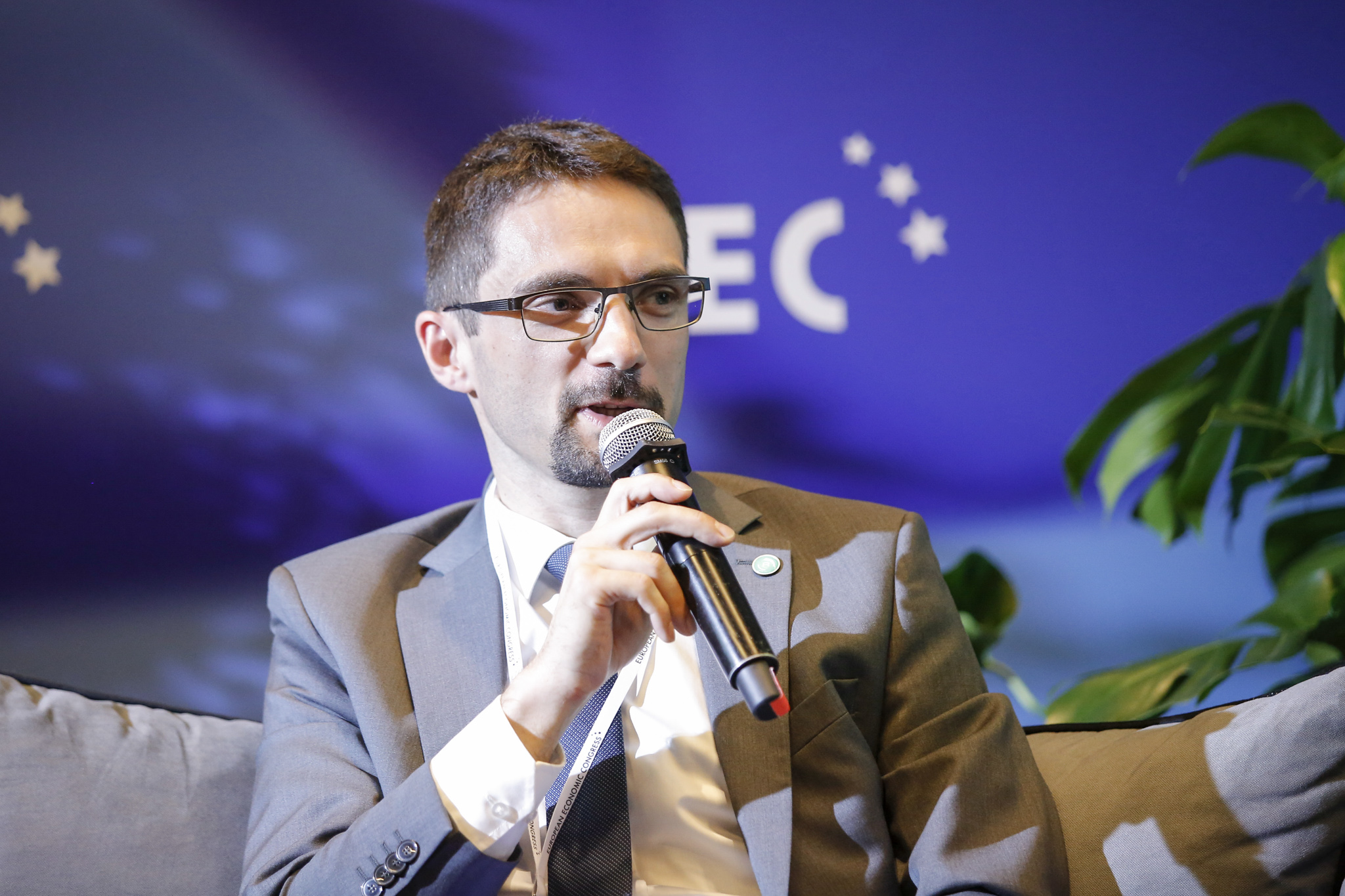
Commenting on the problems of wind farm development, he assessed that this process should be less sequential than it is now, which in practice means that only after obtaining one decision or completing one stage of work can the next one begin.
- It has been postulated for many years to enable the simultaneous conduct of environmental proceedings and planning proceedings - said Paweł Konieczny, also noting that currently the mere initiation of the start of planning procedures takes many months.
In turn, Piotr Świecki, President of the Management Board of BXF Energia , commented on the issue of connecting RES to power grids.
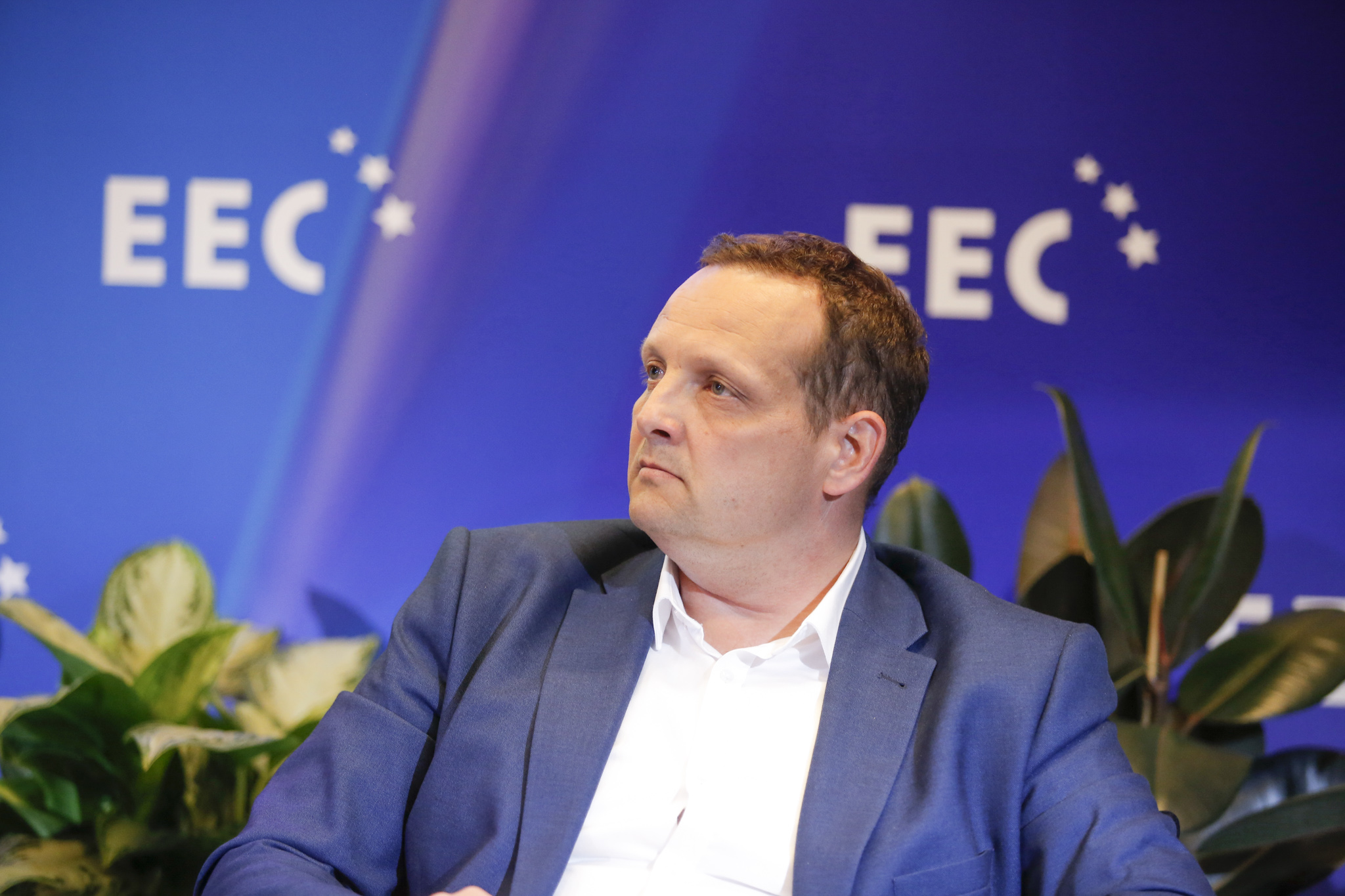
- Applying for connection conditions in the current situation is not entirely transparent, and due to the fact that there is a certain deficit of these conditions, they have become a kind of speculative good - commented Piotr Świecki.
He assessed that "intentionally, there are many players on the market who actually only operate with these potential connection rights, and this generates disruptions, speculations and the market ceases to be transparent."
-We have problems with connections . These problems are of course present all over Europe. It is not only here that connections are refused, but we need to think about how to simply run faster, so as not to be the last antelope eaten by a lion, but to be the first antelope to escape - said Piotr Świecki.
Magdalena Sobczyńska, TotalEnergies: the longer the project development lasts, the higher the price of energy from such a project increasesPiotr Świecki, commenting on the announcements of regulatory changes concerning grid connections, spoke in favour of, among other things, settling the implementation of the connection agreement according to milestones, emphasising that these should be partnership relations with grid operators, also based on the operators’ responsibility for the implementation of connection agreements.
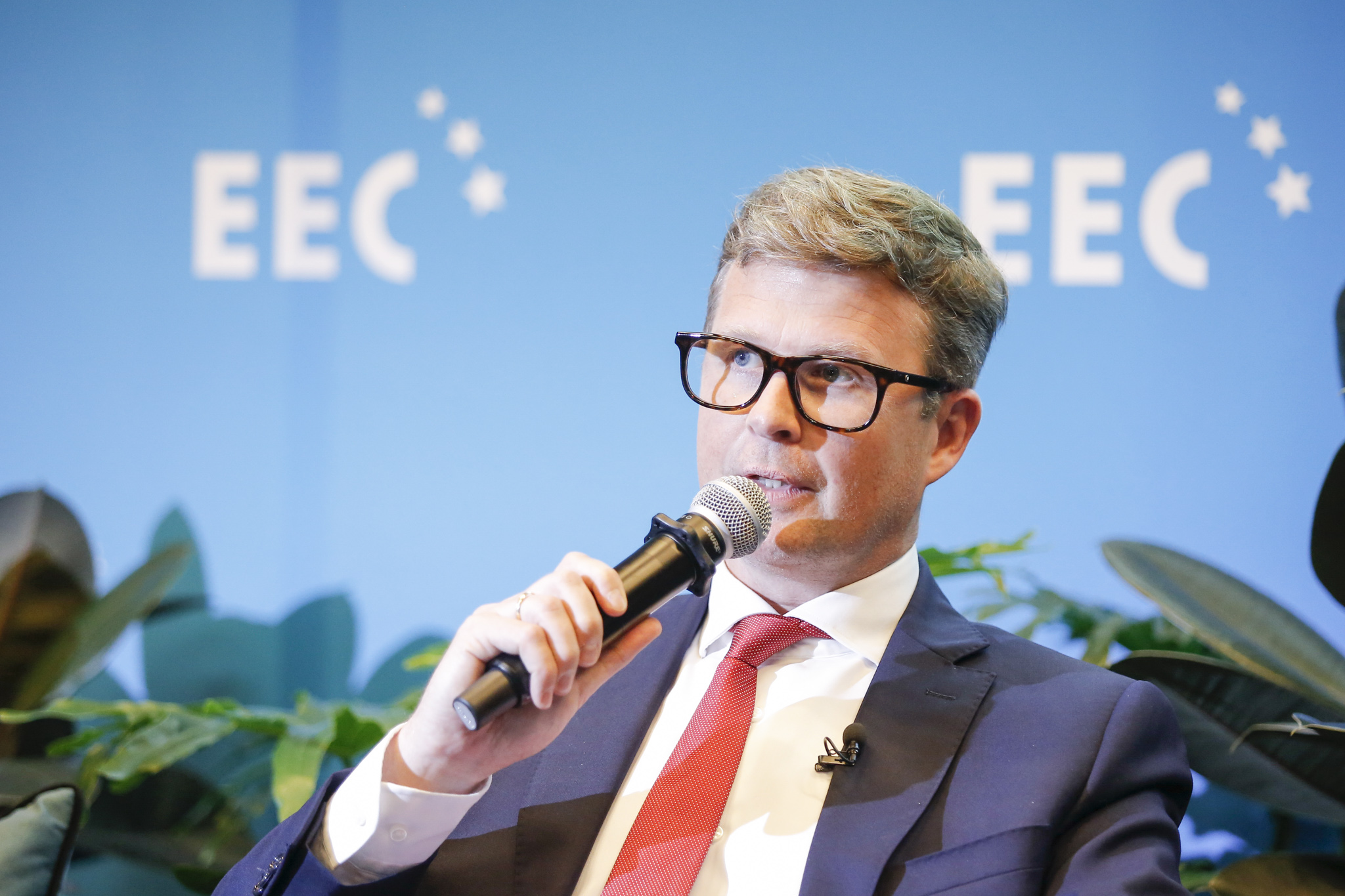
Paweł Przybylski, CEO of Onde , assessed that social education providing reliable knowledge about wind energy is still needed.
He pointed out that despite the fact that many wind turbines have already appeared in our landscape ("almost 11 gigawatts of installed capacity to date"), it is still a topic that causes some controversy . He stated that there are protests, and sometimes the arguments related to these protests are completely unrelated to reality.
- We also need to work on this as an industry. I think it would be good if there was also support from the administration , that we need clean, cheap, reliable energy and that blocking the development of onshore wind energy may result in us not being able to obtain acceptable energy prices for both industry and individual customers - commented Paweł Przybylski.
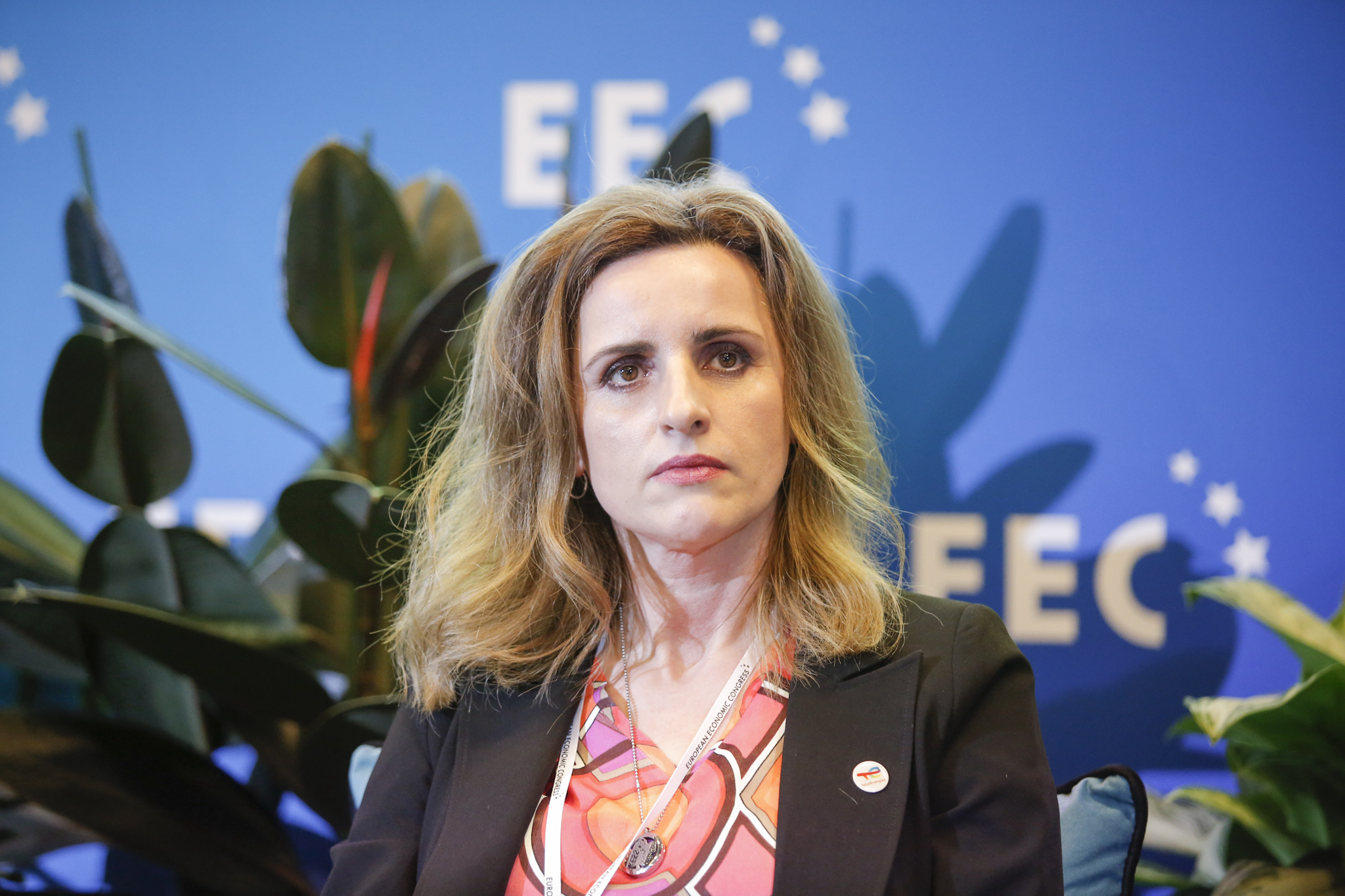
Magdalena Sobczyńska, Head of Asset Management Poland, TotalEnergies, pointed out that the longer the project development takes, the more the price of energy from such a project increases, because it simply increases over time due to the increase in development costs.
- The longer the development, the higher the price of energy at the exit. That is why legislative processes, obtaining permits, but also methods of obtaining financing are so important - commented Magdalena Sobczyńska.
She assessed that, in the context of promoting knowledge about onshore wind energy, the code of good practices prepared by the Polish Wind Energy Association (PWEA) "has done a lot of good work".
The Ministry of Climate and Environment is working on new regulations, PKO BP is interested in financing new wind turbines and repoweringMichał Łęski, deputy director at the Department of Renewable Energy Sources at the Ministry of Climate and Environment , informed about legislative initiatives concerning various ways of conducting investments in RES.
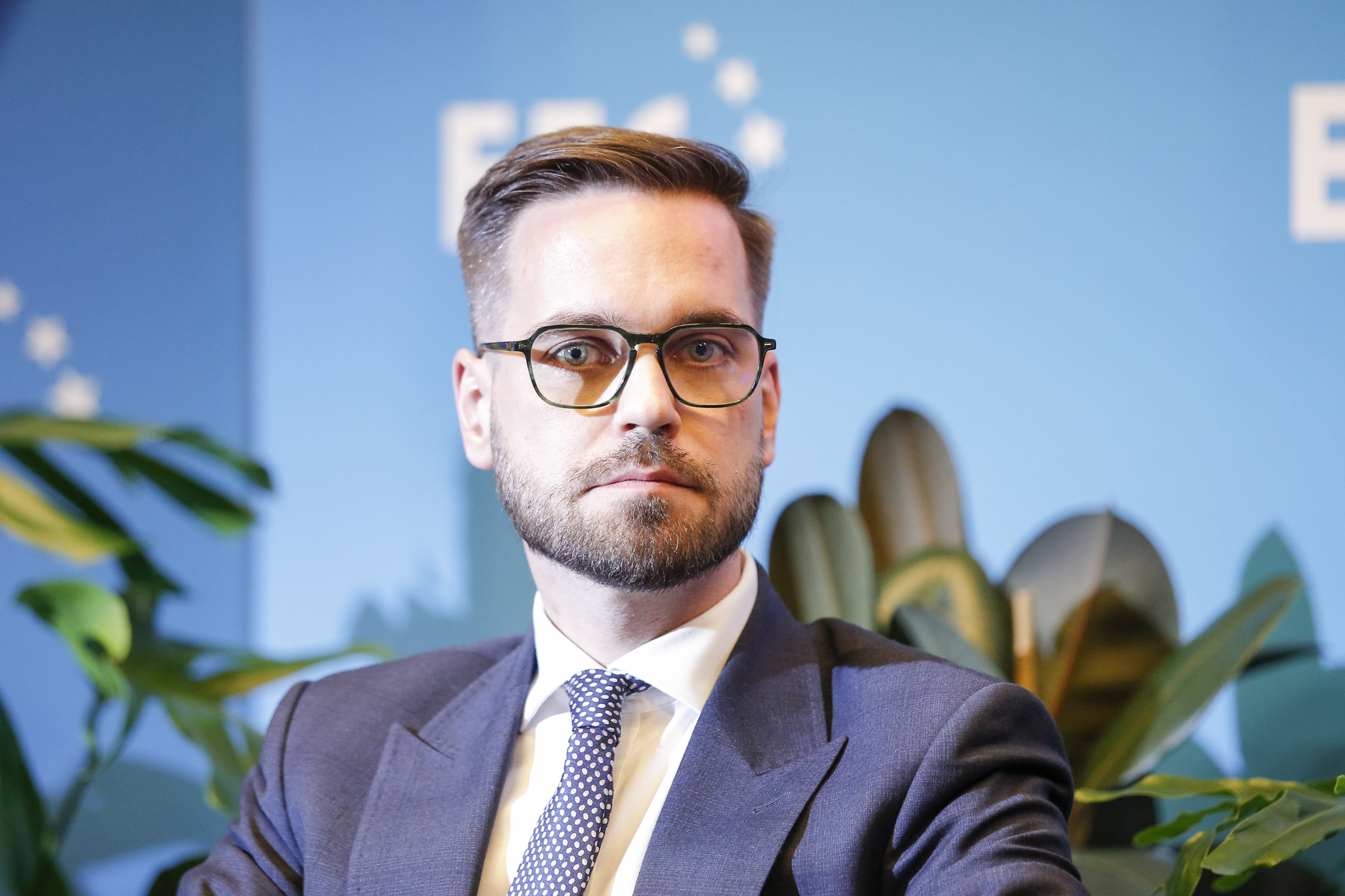
- Of course, there is a distance law - since 2023, when the possibility of going down (with the distance of wind turbines from houses - editor's note) to 700 m was adopted, I no longer call it the 10H law. Currently, we are completely removing the 10H rule and the default rule will be a distance of 500 m. However, if the commune wants to extend this distance, it will be able to do so - explained Michał Łęski.
He noted that the draft amendment to the Distance Act is already in the Sejm. He also informed about, among other things, the work underway on the draft amendment to the Energy Law concerning changes in the principles of issuing conditionsfor connection to the network and the implementation of connection agreements.
He also pointed out that work is underway on amending the Offshore Act , which also partially transposes the RED III directive in the scope of the so-called areas of accelerated RES development.
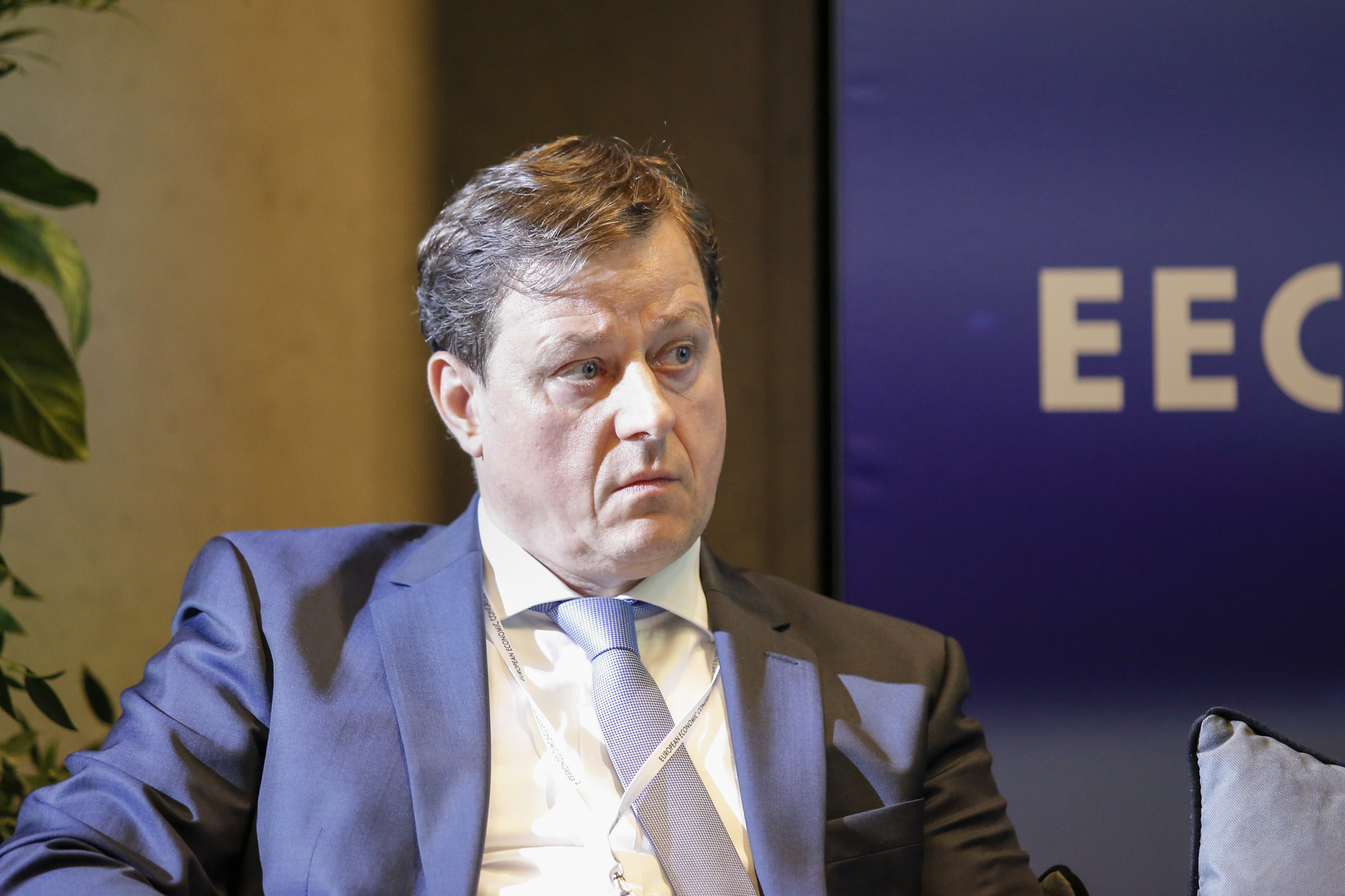
Adam Burda, Director of the Strategic Client Department – Energy, Fuels, New Technologies at PKO Bank Polski (PKO BP), pointed out that PKO BP has support for energy transformation in its strategy as one of the seven most important pillars of this strategy.
He emphasized that PKO BP finances the energy sector broadly , from conventional energy to renewable energy.
- We are very heavily financing renewable energy projects. The truth is that recently, most of them have been photovoltaic projects . There were a bit fewer wind projects . However, they are still there. It is not that they do not exist at all - informed Adam Burda.
He stated that the bank supports the shortest possible planning period for obtaining all decisions, because, as he said, experience shows that the longer the investment process is, the greater the probability that the project will either have very high costs or may even have problems with finalization.
- We keep our fingers crossed very tightly, because we would also like the regulations to change as soon as possible. Because we would like to finance new projects that the act (on distance - editor's note), so to speak, would free up. We would also like to finance repowering projects and energy storage facilities - informed Adam Burda.
Taking into account, among other things, the prepared changes to regulations, the question arises when construction of new onshore wind farms can begin more vigorously or when the construction boom in this sector can begin .
- I think that the earliest it could be 2027 or we are talking about years closer to 2030. Of course, it will also depend on whether the plans aimed at shortening the development process will be quickly implemented and developers will be able to translate this into real work and faster preparation of projects ready for construction - commented Paweł Przybylski.
Watch the report from the "Wind on Land" debate:
wnp.pl





